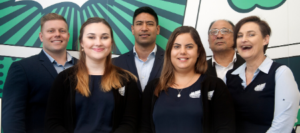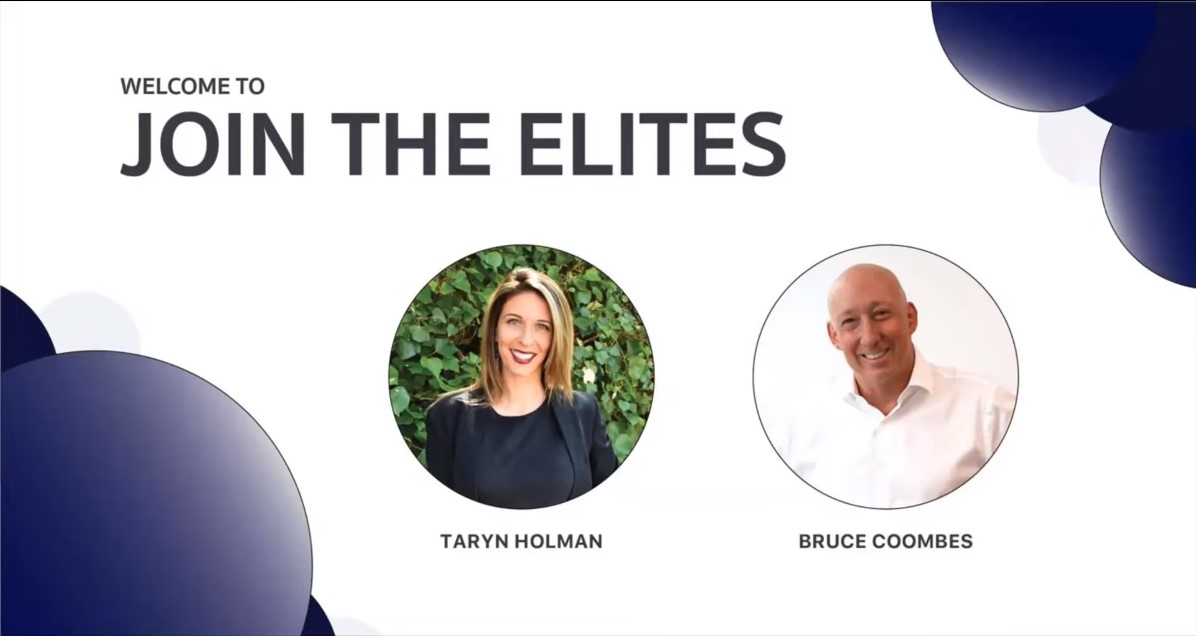With the world starting to recover a sense of normalcy after the ravages of COVID, we are starting to get back to living the lives we led in that seemingly free and easy world of pre-pandemic times.
It was a time when we didn’t have crumpled up face masks stuffed into the pockets of our activewear when we used our car gear sticks as make-shift mask hangers.
Business also did it tough, though the government was able to step in to help enterprises through various fiscal arrangements.
Business has never been on worse terms with the ATO
But now, as we merge back into a sense of normalcy, the ATO, in particular, is less inclined to look past overdue debt and is indeed coming after any business that owes more than $100,000 in tax. The pandemic saw the ATO put such bold actions on hold so Australia could get on with staying in business.
Now the honeymoon is very much over. Any business that is not on the front foot with outstanding debt will suffer the consequences and be hit with a COVID leniency hangover if they don’t act swiftly to ensure the health of their cash flow.
What happened when the stimulus was turned off?
For larger firms, there was work around options such as work remotely and downsize office space to save costs; however, not all industries had such options. For example, hairdressers, chefs, and pet groomers can’t work from home if they are required to go into isolation today – for them, there is no work if they are isolating.
With stimulus now a thing of the past, business costs growing, increasing pressures on the cost of living and wage growth flat, the current economic landscape is perilous for the unprepared. Businesses can no longer delay paying their ATO commitments lest they harm their credit rating.
It is quite clear that now more than ever, Australian businesses need a healthy client book with a steady cash flow.
The perfect storm
The withdrawal of stimulus and concessions will undoubtably impact business in Australia.
Further, acute staff shortages, increases in staff costs due to increased sick leave payments, growing employee demands as a result of the great resignation and the general increase in the cost of living are all adding pressure to an already tenuous economic stability some businesses are maintaining.
Pair this with the supply chain shortages across multiple industries and a downturn in consumer activity, and it’s an almost perfect storm for business failure.
We are all under the same pressure
It’s not just small businesses that have been hit hard recently. We have seen some big players go down, with building companies seemingly falling like dominoes lately. For every business that closes – big or small – the knock-on effect for every link in the supply chain takes a hit.
From the stationery suppliers right through to the accounting and legal firms that support them, every client that goes under comes with associated cash flow impacts. The cost of replacing lost business is significant and there is no guarantee that there will be plentiful new business opportunities in this current financial climate.
How can you weather the storm?
For small and big businesses alike, cash flow is king, and if you can help preserve your client’s cash flow and still get paid what you are worth, you should pursue every opportunity. Professional service firms can no longer afford to be a bank for their clients.
It’s not so much a case of wanting to be paid what you are worth right now; it is more a case of needing to be paid what you are worth, on time.
Acknowledging a client is struggling and offering a payment plan solution will support your client’s needs and provide your business with full, upfront payment so that both can get on with the business of doing business.
If you would like to hear more about how QuickFee can help you avoid the COVID stimulus hangover, support your client base and get paid today, contact our team today on 02 8090 7700.








